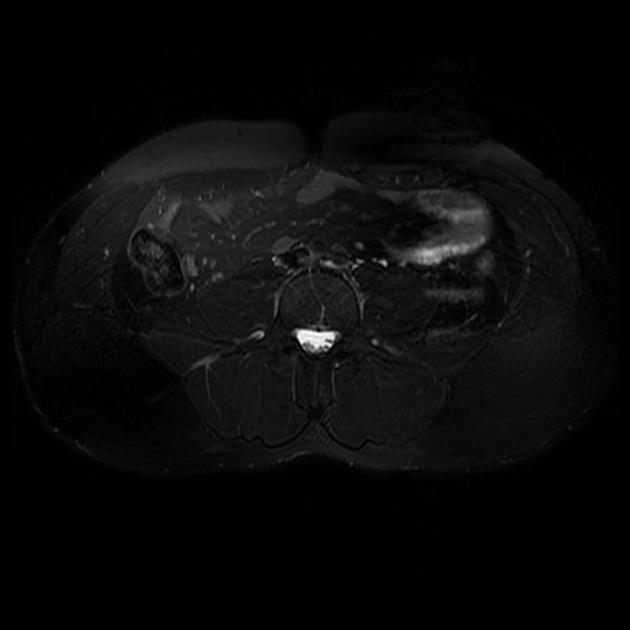WBR0914
| Author | PageAuthor::Vendhan Ramanujam |
|---|---|
| Exam Type | ExamType::USMLE Step 3 |
| Main Category | MainCategory::Inpatient Facilities, MainCategory::Emergency Room |
| Sub Category | SubCategory::Gastrointestinal |
| Prompt | [[Prompt::A 68 year old Caucasian woman comes to ER with complaints of left lower abdominal pain, fever, nausea and vomiting. She denies passing blood in her stool. She is a known hypertensive and hypercholesterolemia patient for the past 20 years who is on regular treatment. She also has the complaint of chronic constipation for the past 7 years. On physical examination, tenderness is elicited over the left lower quadrant without any guarding and rigidity. Vitals are recorded as blood pressure 130/80 mmHg, pulse rate 92/minute, respiratory rate 18/ minute and temperature 38 C. A complete blood count reveled leukocytosis of 18 x 109/L. An abdominal CT revealed a sigmoid diverticulitis |
| Answer A | AnswerA::Outpatient management with oral fluids until clinical improvement and oral ciprofloxacin with oral metronidazole for 7 to 10 days |
| Answer A Explanation | AnswerAExp::'''Incorrect'''-Outpatient management with oral fluids until clinical improvement and oral ciprofloxacin with oral metronidazole for 7 to 10 days are for uncomplicated diverticulitis patients without the above features. |
| Answer B | AnswerB::Outpatient management with only oral fluids until clinical improvement |
| Answer B Explanation | AnswerBExp::'''Incorrect'''-Outpatient management for uncomplicated diverticulitis patients with oral fluids until clinical improvement should also include oral antibiotics to control the infection. |
| Answer C | AnswerC::Admission for emergent surgical exploration |
| Answer C Explanation | [[AnswerCExp::Incorrect-Surgical exploration is recommended for patients with perforation with peritonitis, ruptured abscess, uncontrolled sepsis, fistula formation, abdominal or pelvic abscess, intestinal obstruction, failing medical therapy even after 3 days, and inability to rule out carcinoma.]] |
| Answer D | AnswerD::Admission for in-patient conservative management along with intravenous ciprofloxacin and metronidazole |
| Answer D Explanation | [[AnswerDExp::Correct-Since the patient is elderly and presenting with vomiting, fever with leukocytosis and co-morbidities, she should be admitted in the hospital for an in patient care that would include conservative management like nil oral, intravenous fluids, analgesics and anti emetics along with intravenous mono therapy or multidrug therapy of antibiotics, most commonly ciprofloxacin with metronidazole to give an anaerobic as well as aerobic coverage.]] |
| Answer E | AnswerE::Admission for further evaluation with colonoscopy |
| Answer E Explanation | [[AnswerEExp::Incorrect-Colonoscopy is advisable only for diverticulosis and not for diverticulitis because of the risk of perforation.]] |
| Right Answer | RightAnswer::D |
| Explanation | [[Explanation::Uncomplicated diverticulitis patients with any one of the following
Educational Objective:
Uncomplicated diverticulitis patients with any one of the following |
| Approved | Approved::Yes |
| Keyword | WBRKeyword::Diverticulitis, WBRKeyword::Uncomplicated diverticulitis |
| Linked Question | Linked:: |
| Order in Linked Questions | LinkedOrder:: |
